
Why Some People Can’t Handle Spicy Food

Ever wonder why your friend can chow down on a blazing-hot curry without flinching, while you're reaching for a glass of milk after one bite? It turns out, the answer isn’t just about willpower or bravado — it’s rooted in genetics, culture, and personal experience.
A recent article from Varsity, the Cambridge University magazine, dives into the science behind our different responses to spicy food — and why some people can’t get enough of the heat.
🔥 What Actually Makes Food “Spicy”?
When we say food is “spicy,” we’re not talking about taste — we’re talking about pain.
The burning, tingling, or numbing sensation comes from specific compounds that stimulate pain receptors:
-
Capsaicin (found in chili peppers): causes a burning heat
-
Hydroxy-alpha sanshool (in Sichuan peppercorns): produces a tingling or numbing sensation
These chemicals don’t activate taste buds, but rather trigger the TRPV1 receptor, the same one that senses physical heat. That’s why your brain interprets spicy food as if your mouth is literally on fire.
So technically, spiciness isn’t one of the five basic tastes (sweet, salty, sour, bitter, umami) — it’s a trick your brain plays on you.
🧬 The Genetics of Spice Sensitivity
Whether you feel the burn mildly or intensely may come down to your DNA.
Capsaicin binds to the TRPV1 receptor, and small genetic variations can make this receptor more or less sensitive. For some, even a dash of hot sauce feels like napalm; for others, it barely registers.
According to researcher Outi Törnwall at the University of Helsinki, genetics account for 15% to 58% of how well we tolerate spicy food. The rest is shaped by experience, culture, and age.
🌍 Culture Matters — A Lot
Where you grow up plays a huge role in how your body and brain respond to spicy food.
A study from the University of Pennsylvania compared two groups:
-
125 villagers in Zapotec, Mexico — who eat chili daily from childhood
-
56 Americans — who eat spicy food just 2–3 times a week
Both groups reported similar levels of pain from eating chili, but the Mexican participants enjoyed the sensation more.
Why? Because they’d learned to associate pain with pleasure — a psychological phenomenon called hedonic reversal.
In many cultures, eating spicy food is tied to bravery, resilience, or even masculinity — making the burn something to embrace rather than avoid.
⏳ Age and Experience Shape Tolerance
Your spice tolerance isn’t fixed — it changes over time.
-
Young people have more sensitive receptors, so the burn feels more intense.
-
Older adults often experience desensitization, making the heat more tolerable.
-
Frequent spice eaters build up resistance — over time, your receptors react less dramatically to capsaicin.
So if you’re “bad” with spicy food, don’t worry — it’s something you can build, like a muscle.
💪 Is Spicy Food Actually Good for You?
Capsaicin doesn’t just make your mouth tingle — it may also offer health benefits:
✅ Improves circulation
✅ May aid in weight loss by boosting metabolism
✅ Supports heart health
✅ Can improve skin conditions (like psoriasis)
But as with anything, moderation is key. Too much can irritate your stomach or cause discomfort — so listen to your body.
🔬 Final Thoughts: Spice Is More Than Just Heat
Spicy food isn’t just about flavor — it’s a complex, sensory experience shaped by your genetics, your upbringing, and your habits.
Some people are born with a higher tolerance. Others develop it through exposure and culture. And some just genuinely enjoy the thrill of the burn — while others (quite reasonably) prefer to sit that one out.
So the next time someone dares you to eat a ghost pepper, don’t sweat it (unless you want to). Whether you embrace the fire or opt for mild salsa, you now know the science behind the spice.
🌶️ Pain or pleasure? Turns out, spice is all in your head — and maybe your DNA.
Disclaimer: This article is for informational purposes only and is not a substitute for professional medical advice. Always consult your doctor before making changes to your health or diet.
News in the same category


The Small Hole on the Sink: A Feature You Never Knew You Needed

Concerned Woman: Beware of Abandoned Prams on Roadsides!
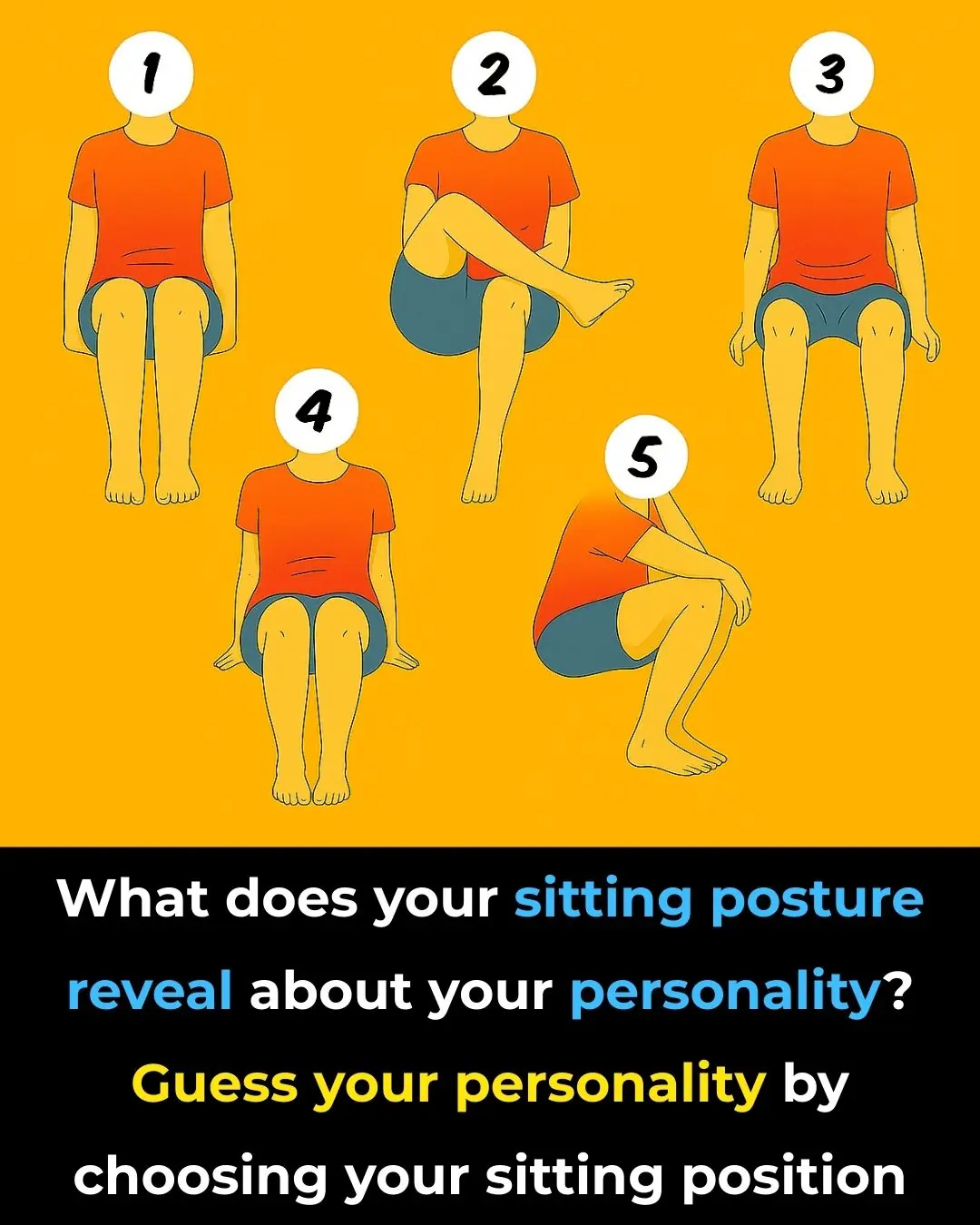
Your Character According to Your Sitting Style

California’s Canals Are Being Covered With Solar Panels To Save Water And Generate Power
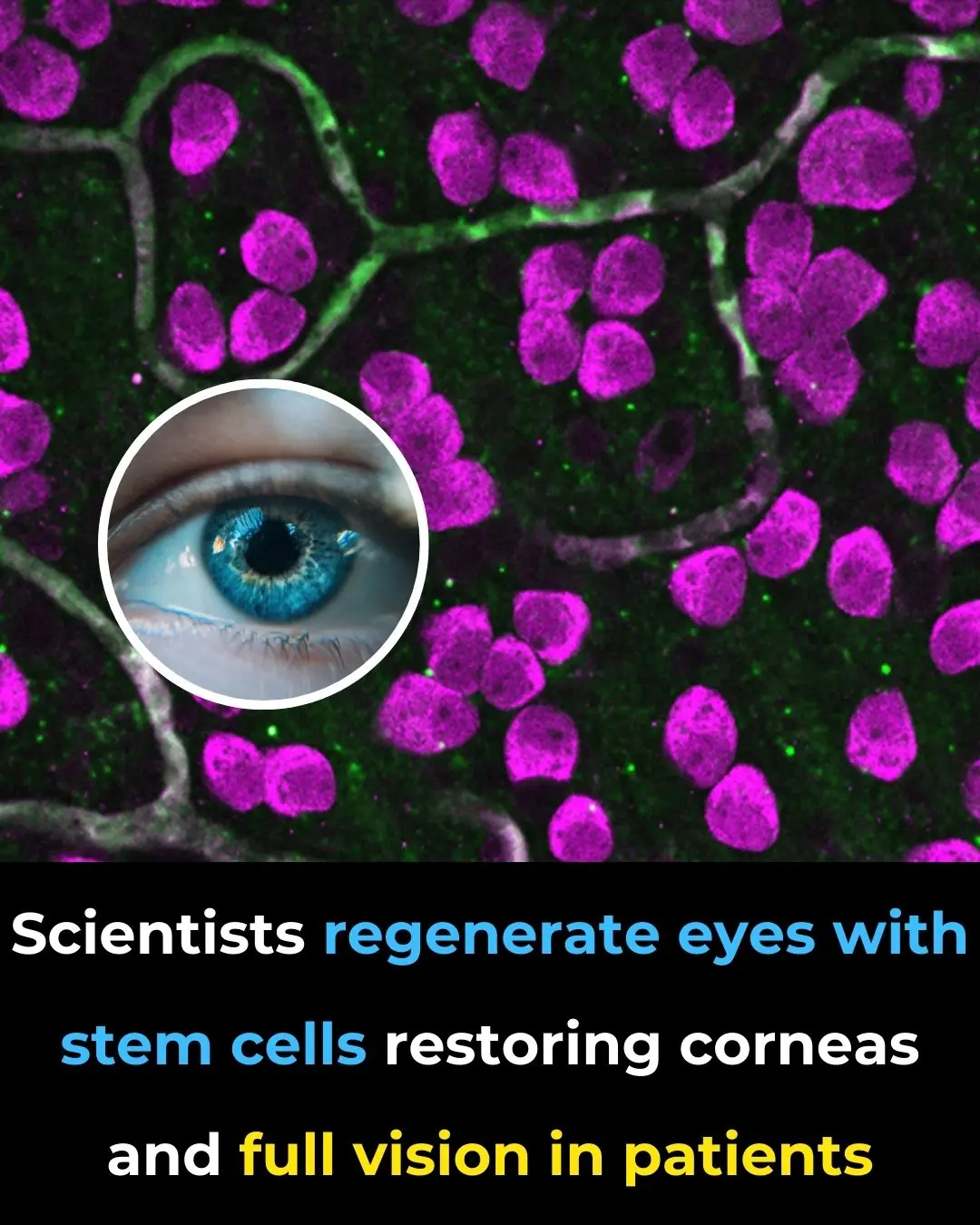
Scientists Regenerate Eyes With Stem Cells Restoring Corneas And Full Vision In Patients

Emma Stone explains why not believing in aliens is ‘narcissistic’ as she declares belief in extra terrestrial beings

Damaging effects of new ‘phubbing’ trend that could be ruining your relationship

Japanese airport has never lost luggage in over 30 years – This is why

A Company in Kenya Builds Houses From Recycled Shipping Containers – Solar-Powered and Ready in Days

What Terrible Things Happen When Women Lack Intimacy? A Painful Yet True Reality

Why You Should Never Place Your Bed Like This

Sink Trick You Should Always Do Before Vacation

Elon Musk Issues Serious Warning on Japan’s Population Decline
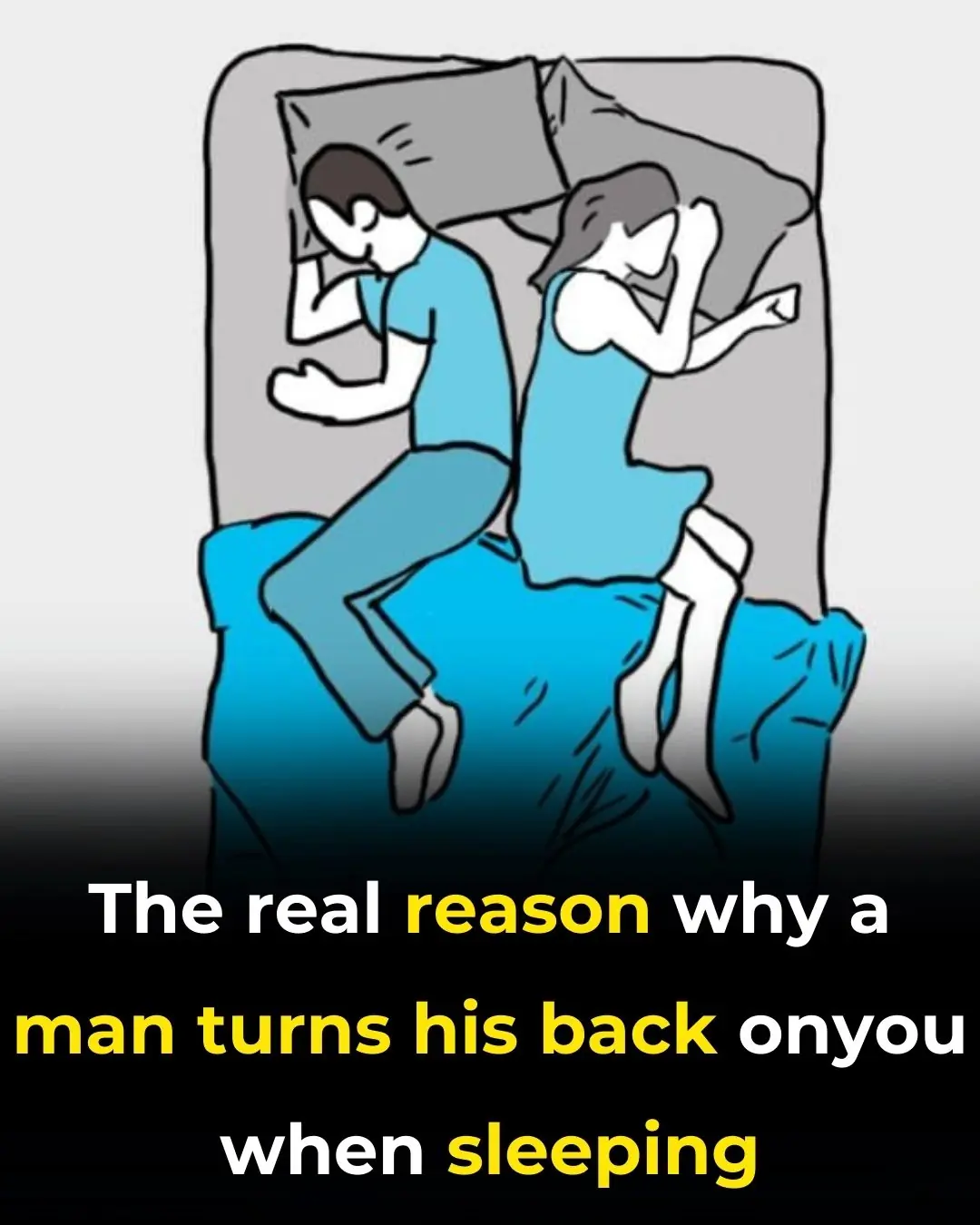
What it says about your relationship when your partner sleeps with their back to you

Orlando Bloom explains ‘horrible’ side effects his weight-loss transformation caused

A:dult star reveals the clause written into her contract that helps keep her safe
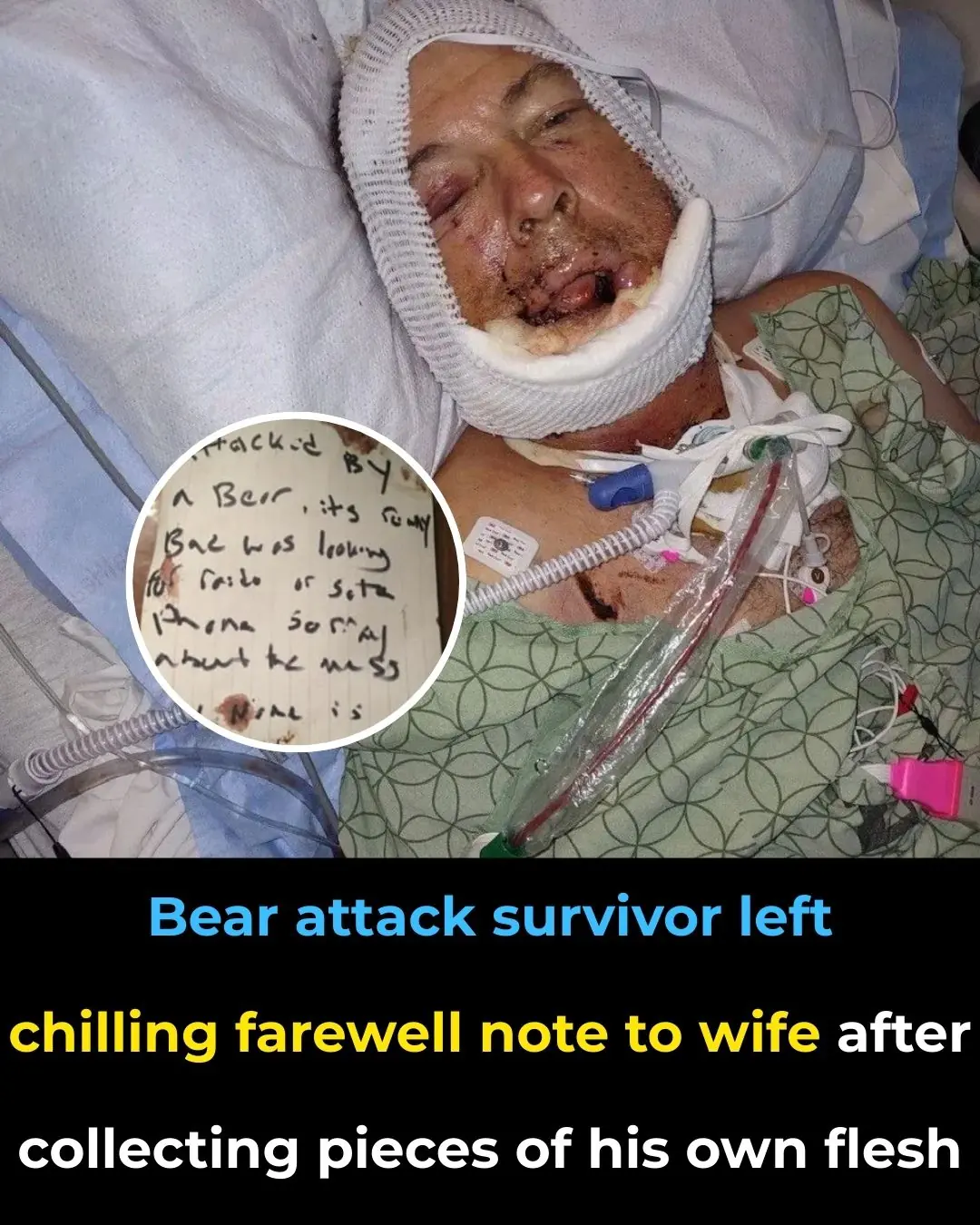
Bear Attack Survivor’s Haunting Farewell Note to Wife After Gathering Pieces of His Own Flesh

Ring Finger Longer Than An Index Finger
News Post
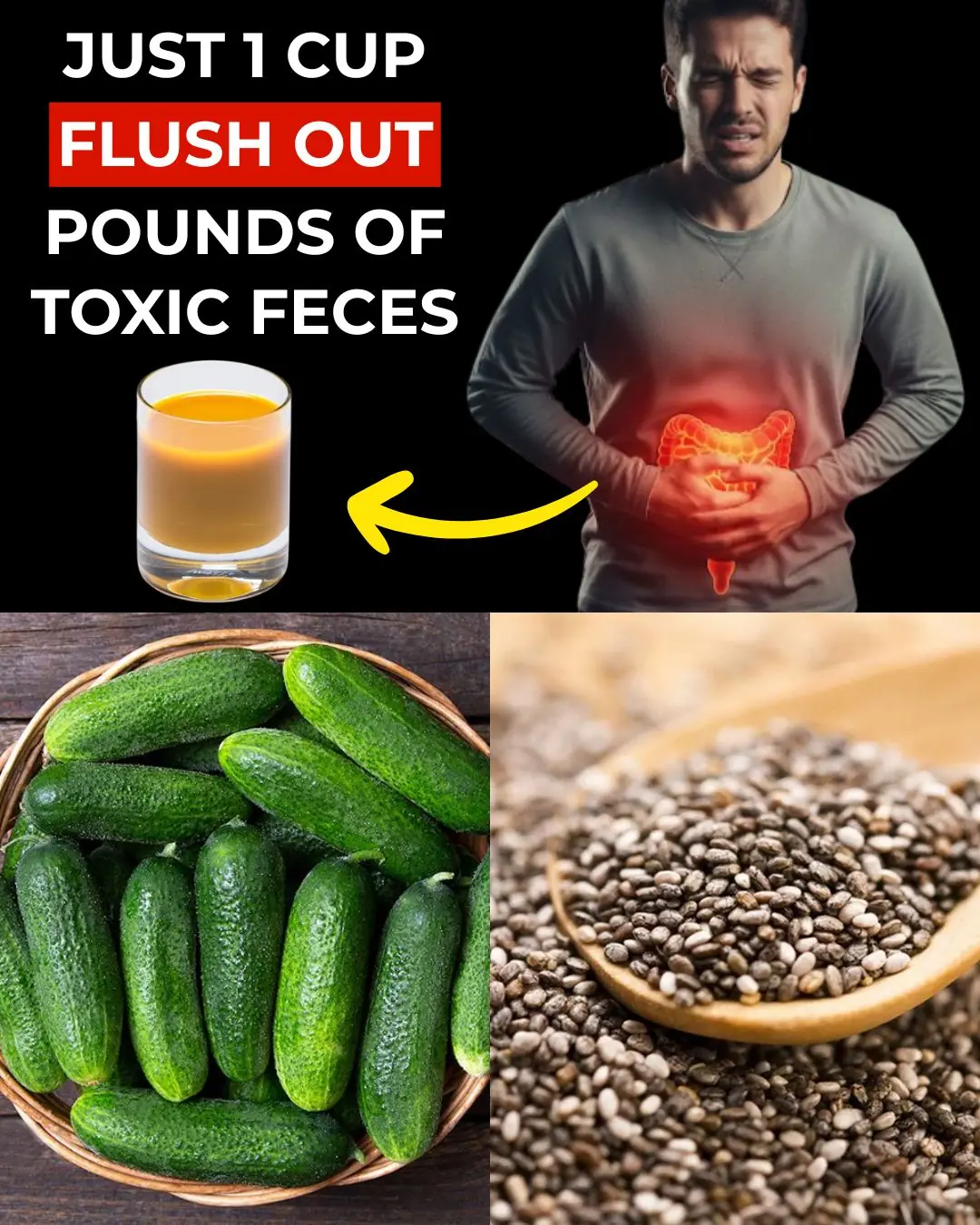
Seniors: Take This for 5 Nights and See What Comes Out in Your Stool!

Clove benefits for Skin – Clove Oil, Clove Gel & Clove ice cubes
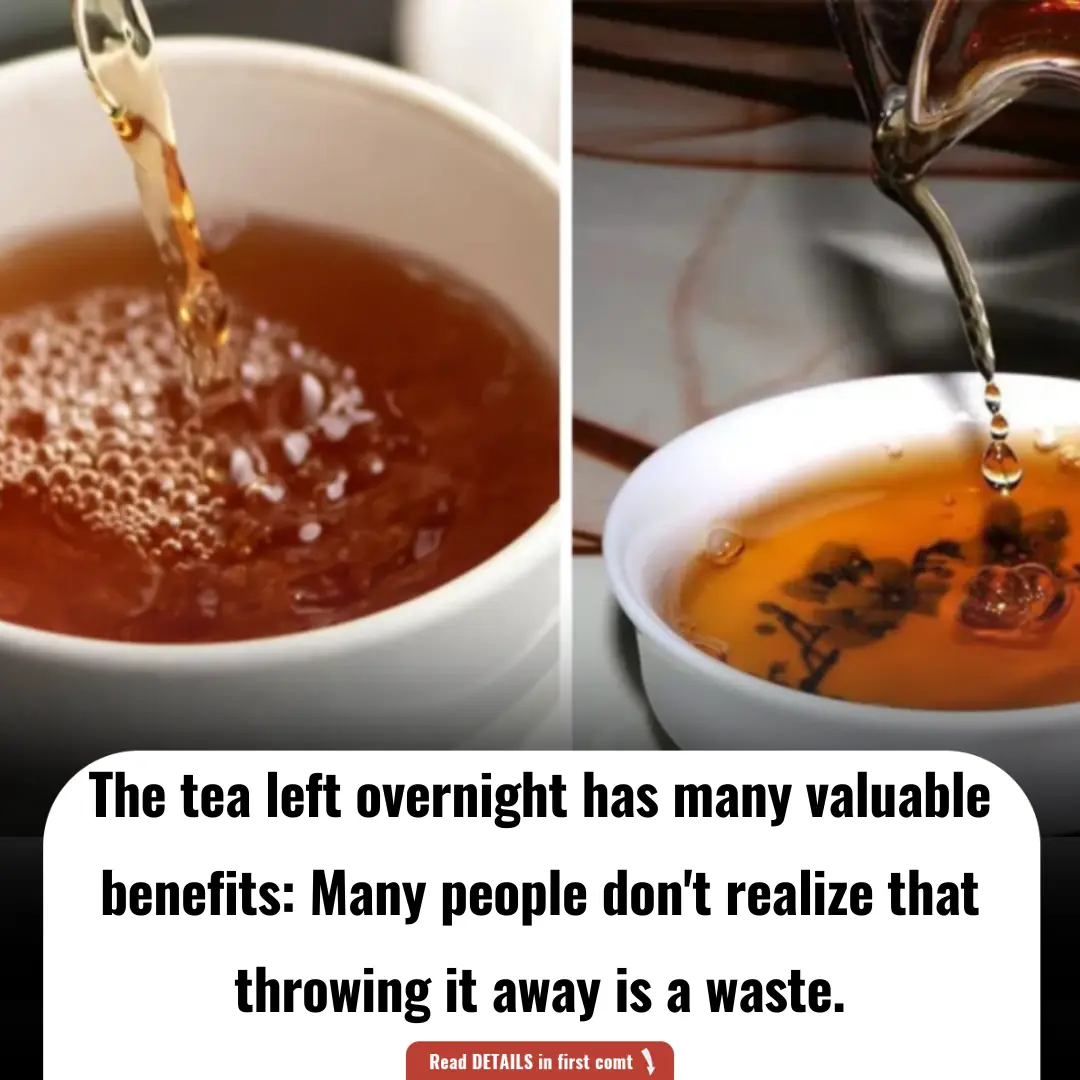
The Surprising Benefits of Overnight Tea: A Wasteful Habit You Might Not Know About

How to Clean Limescale Off Your Faucet in Just 25 Seconds with a Simple Trick

How to Clean Your Air Conditioner Easily in Just 15 Minutes — No Technician Needed, Even Women Can Do It Effortlessly
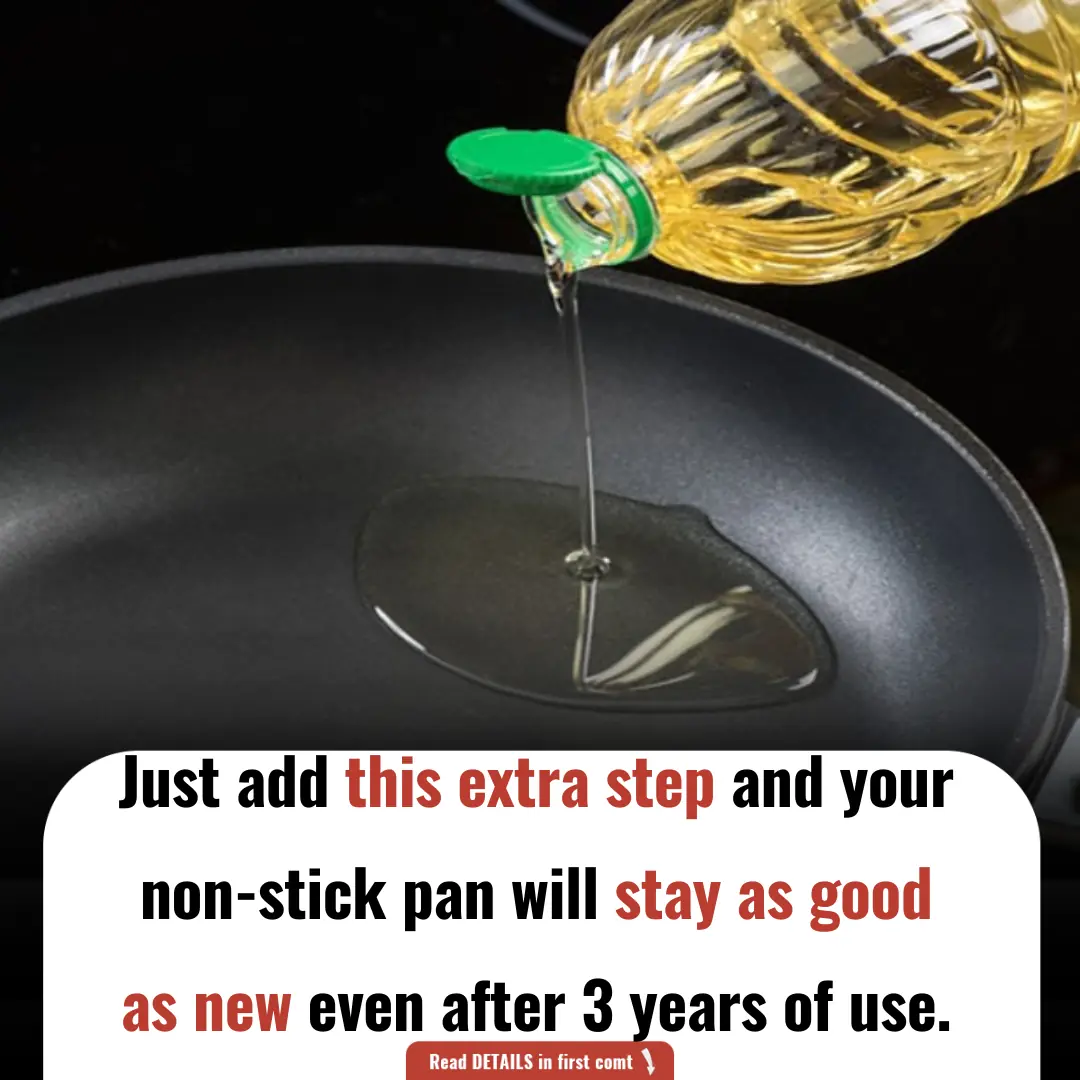
How to Keep Your Non-Stick Pan as Good as New for 3 Years: Simple Tips and Tricks

Using Electric Kettles to Boil Water: 9 Out of 10 Households Make This Mistake — Remind Your Loved Ones to Fix It Early
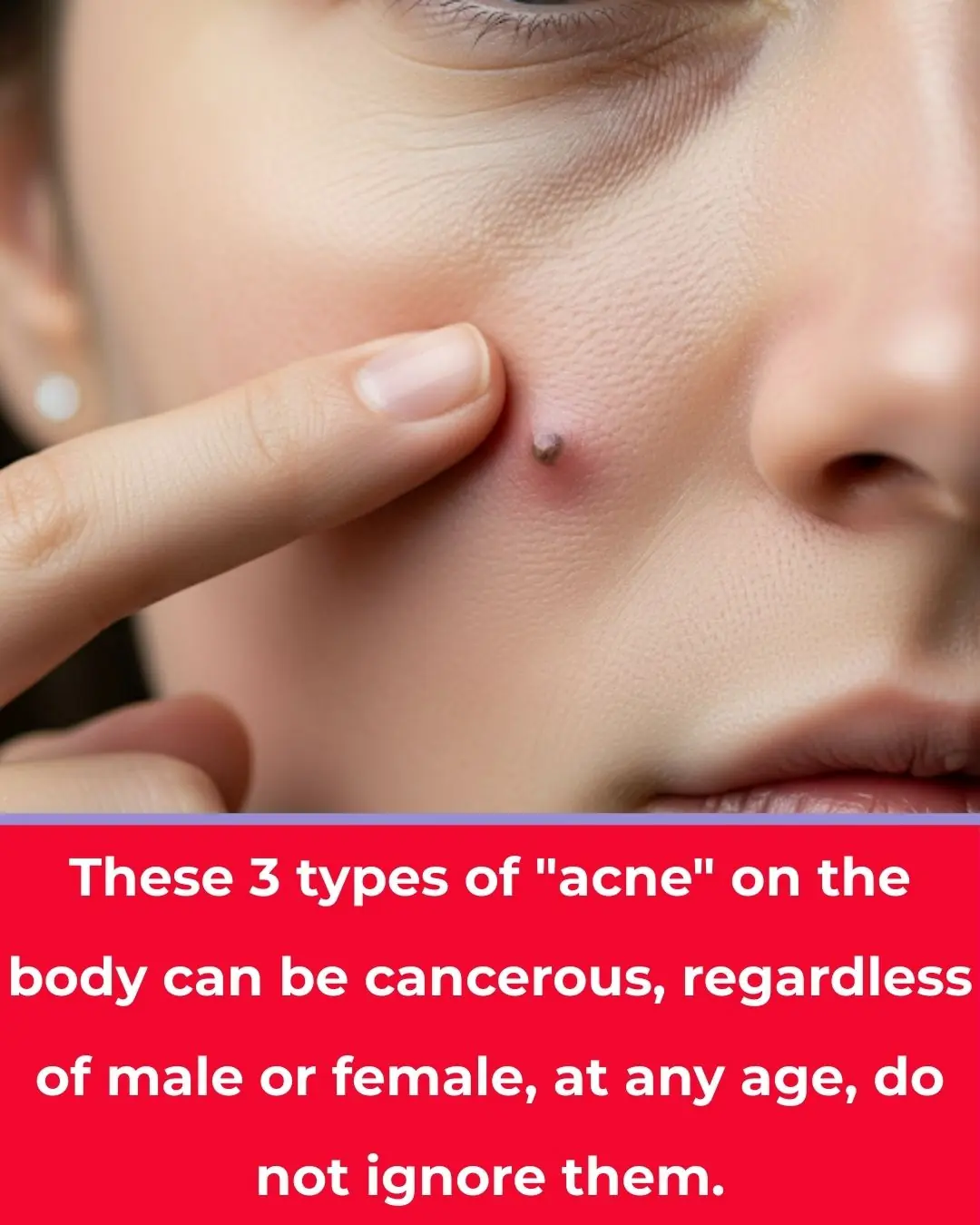
These 3 types of “acne” on the body could be cancerous; whether male or female, no matter the age, don’t ignore them.

The hidden meaning of thumb rings: what they represent for women vs. men

The Small Hole on the Sink: A Feature You Never Knew You Needed
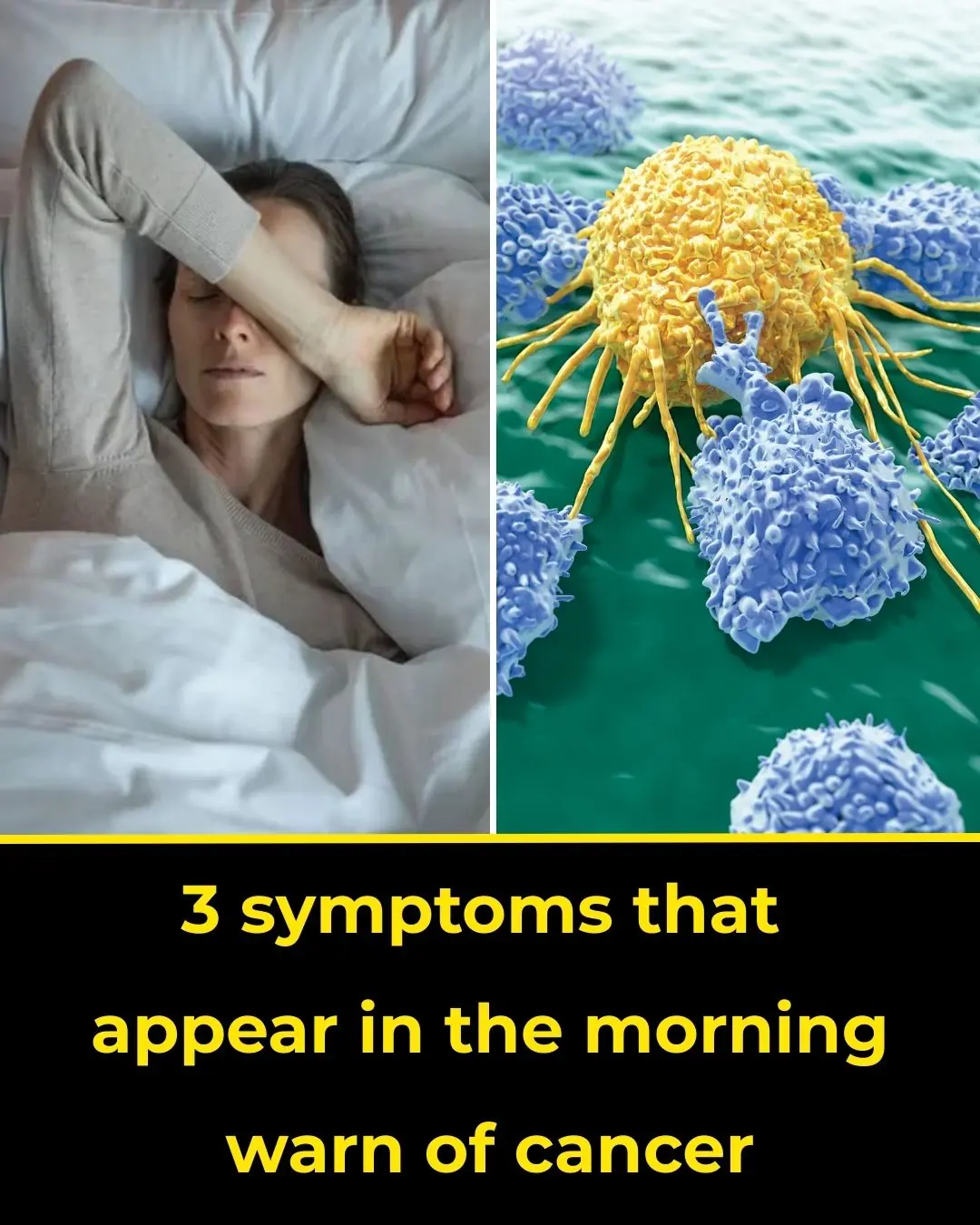
🌅 Three Morning Symptoms That Could Be Early Warning Signs of Cancer

Woman shares ’embarrassing’ symptoms she regrets hiding from doctors as she’s diagnosed with incurable cancer

Concerned Woman: Beware of Abandoned Prams on Roadsides!

Your Character According to Your Sitting Style

They say the eyes are the windows to the soul — but what about the mind’s eye?
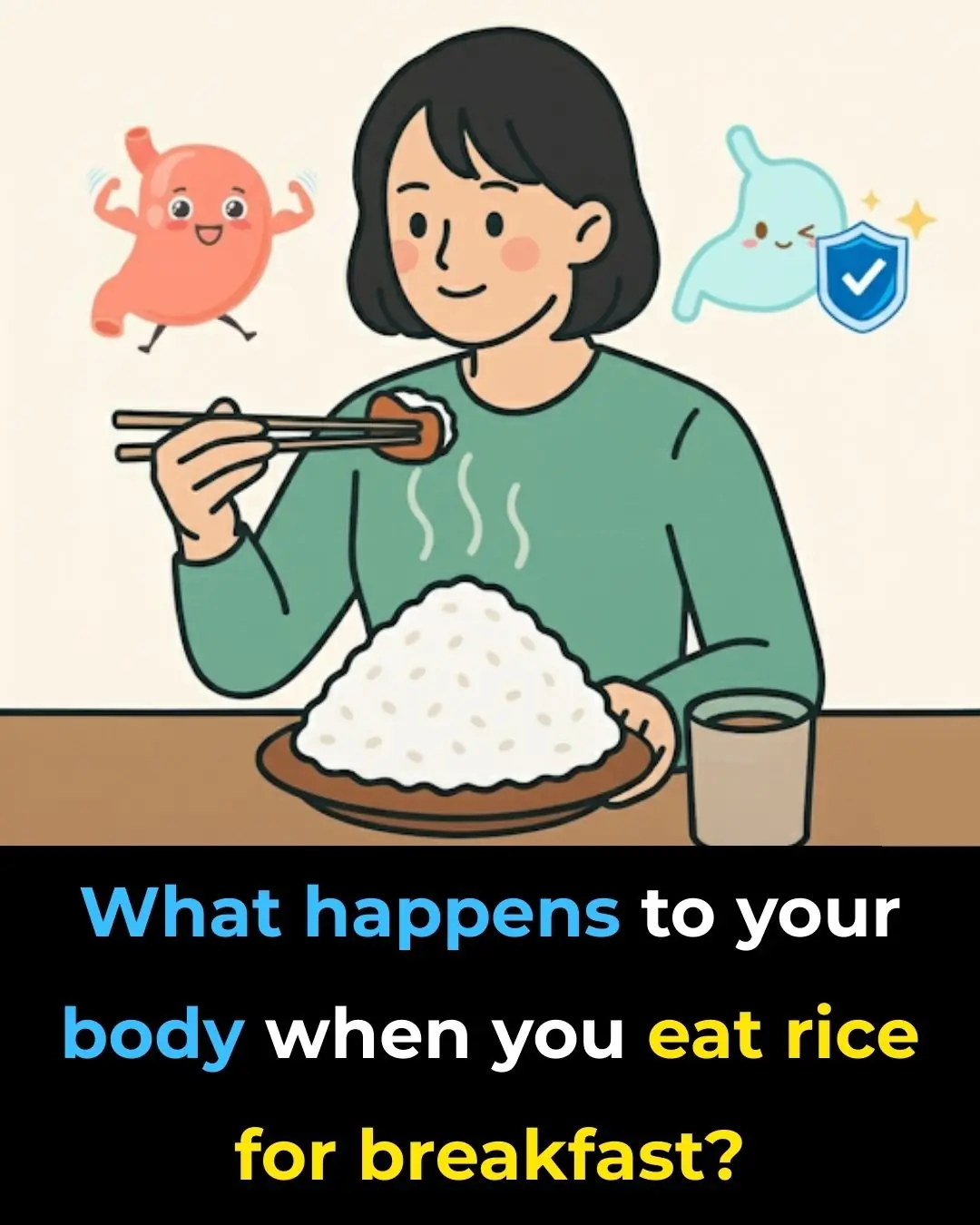
Should You Eat Rice for Breakfast
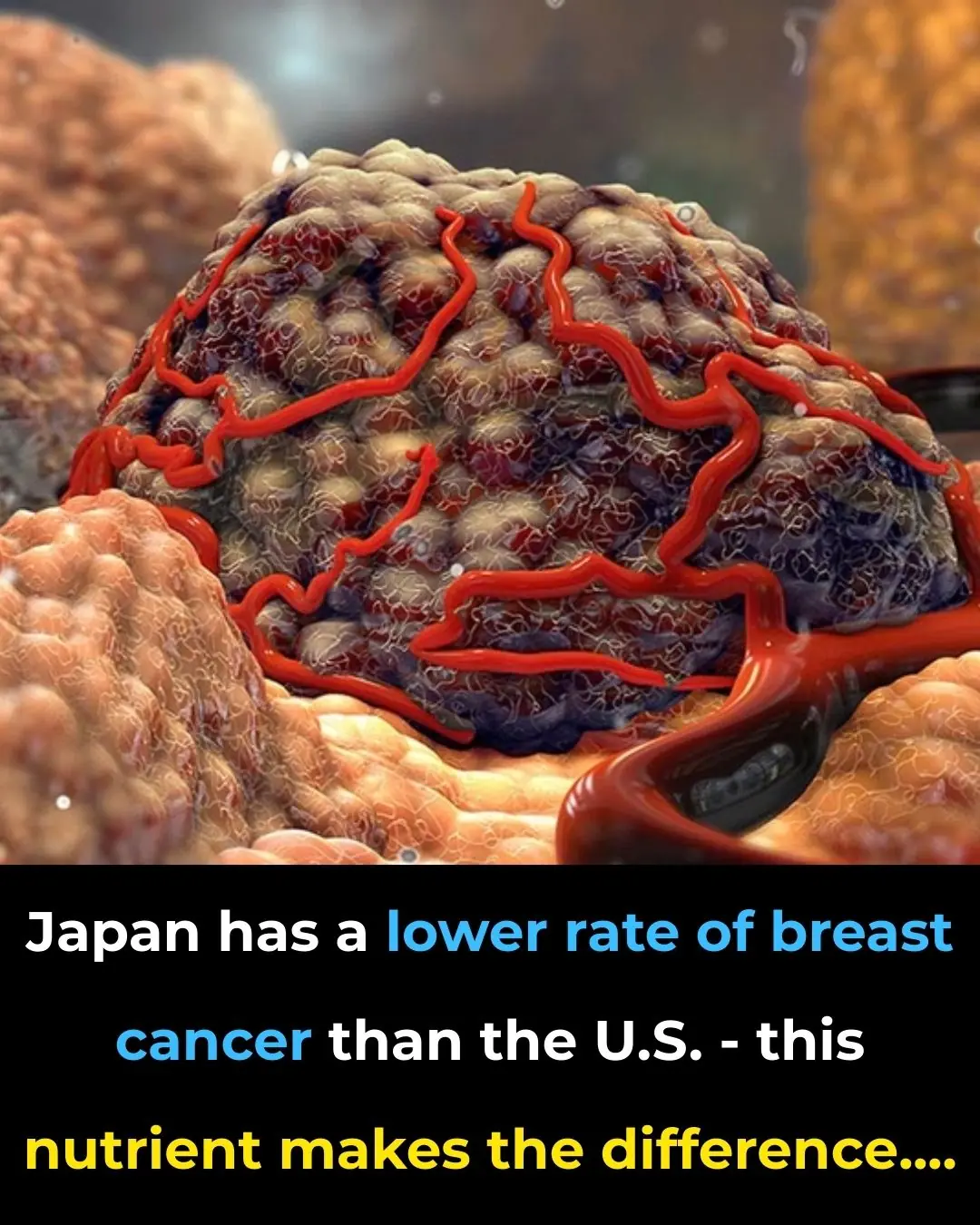
Japan has a Lower Rate of Breast Cancer than the U.S. – This Nutrient Makes the Difference
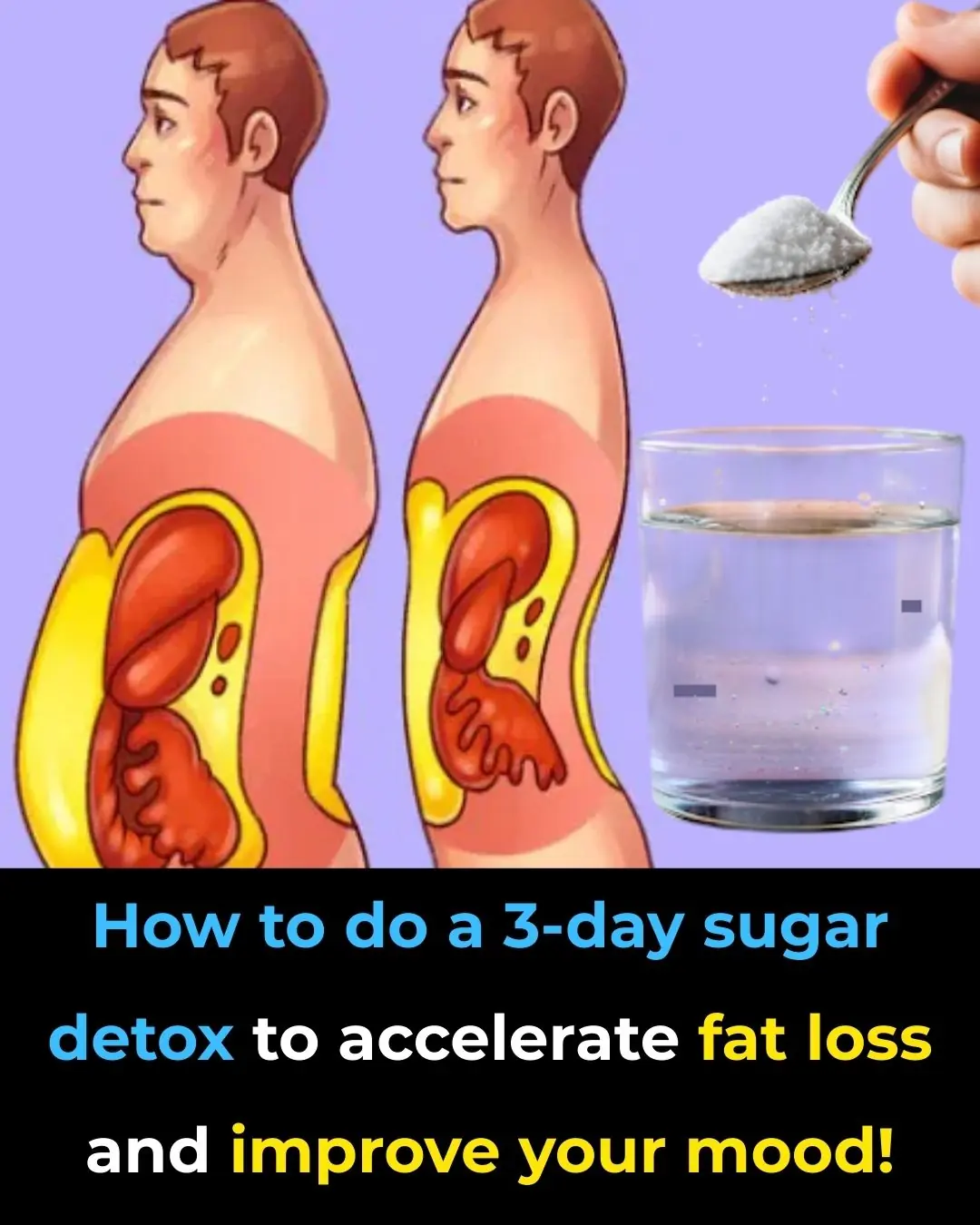
How To Do a 3-Day Sugar Detox to ACCELERATE Fat Loss And Improve Your Mood!
